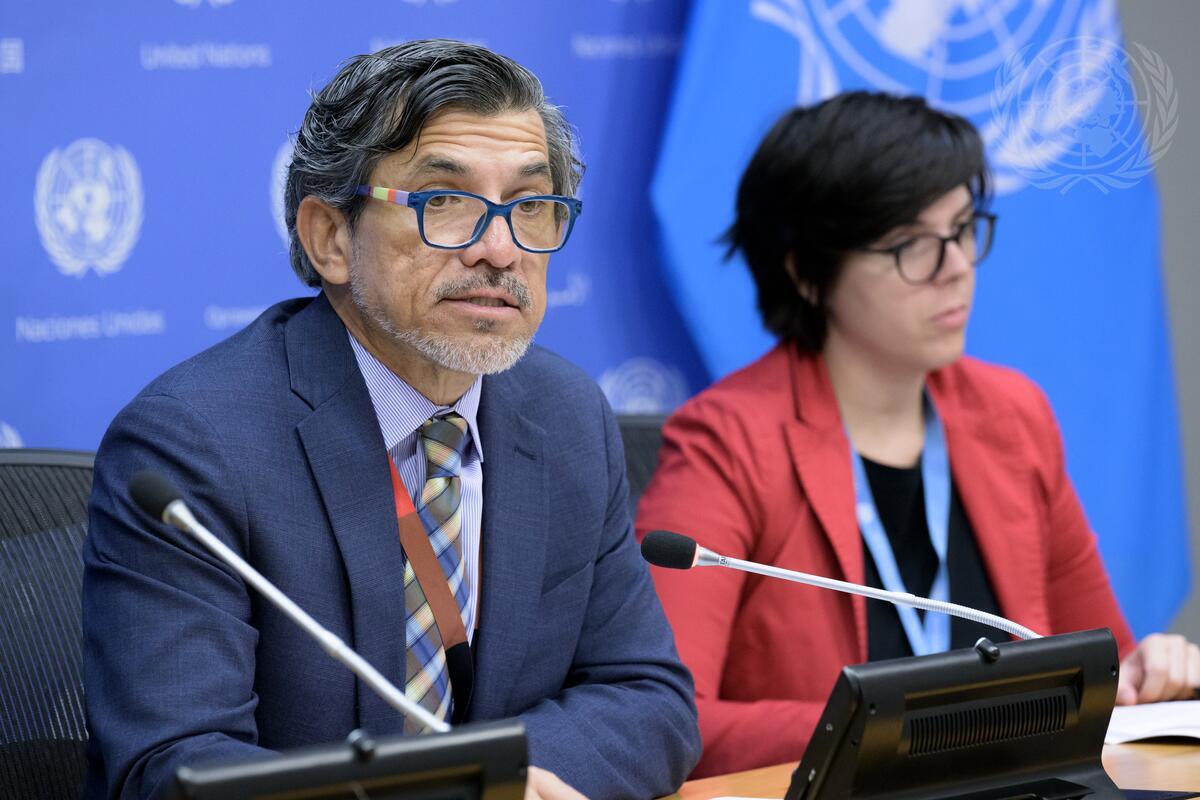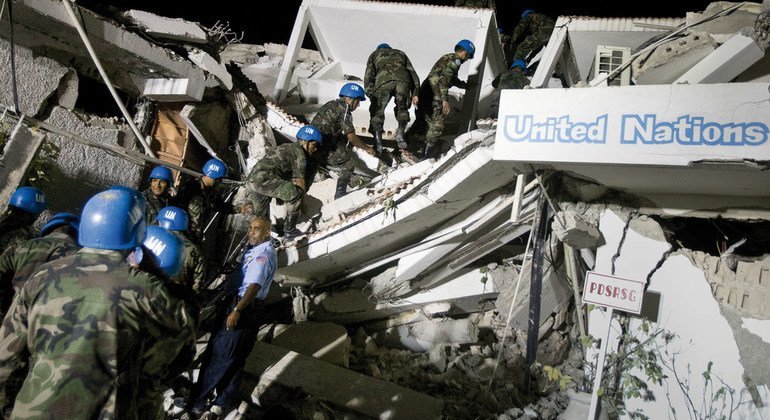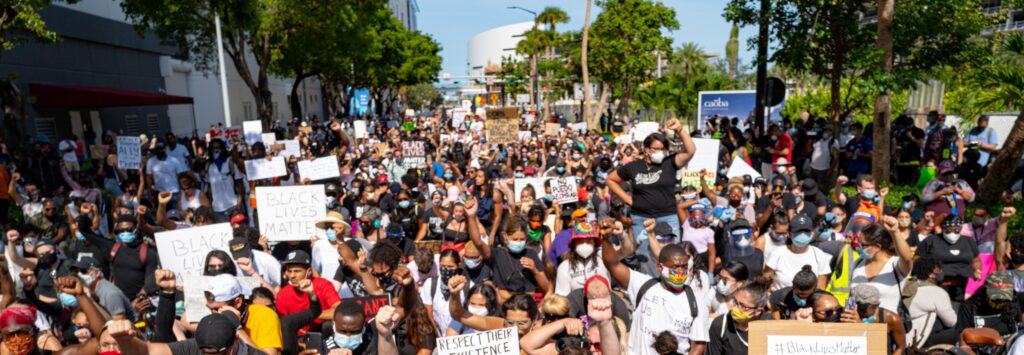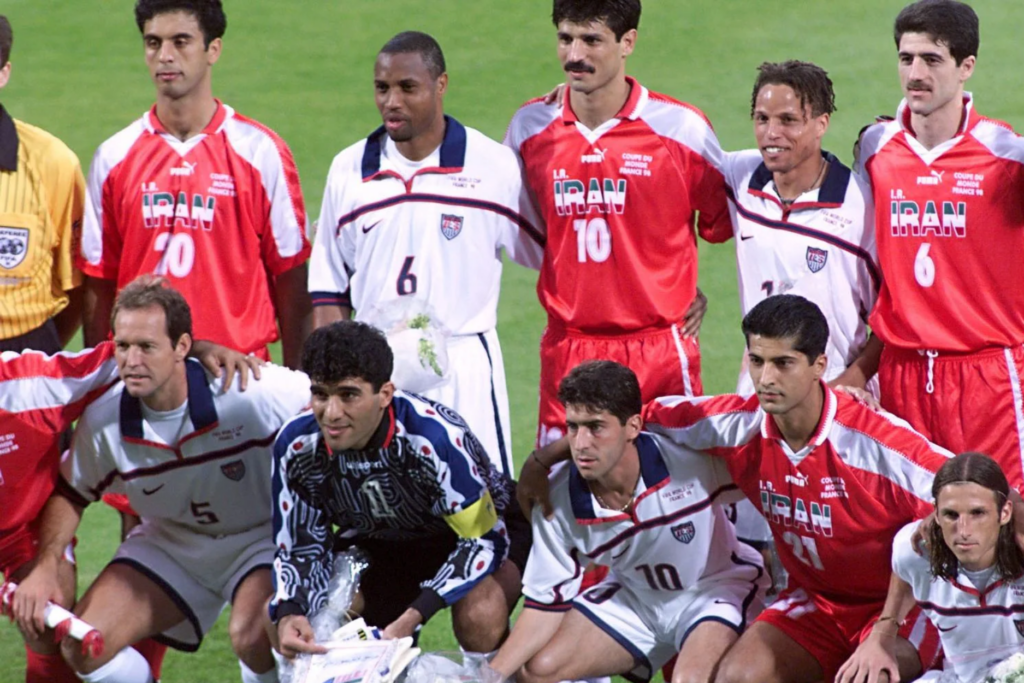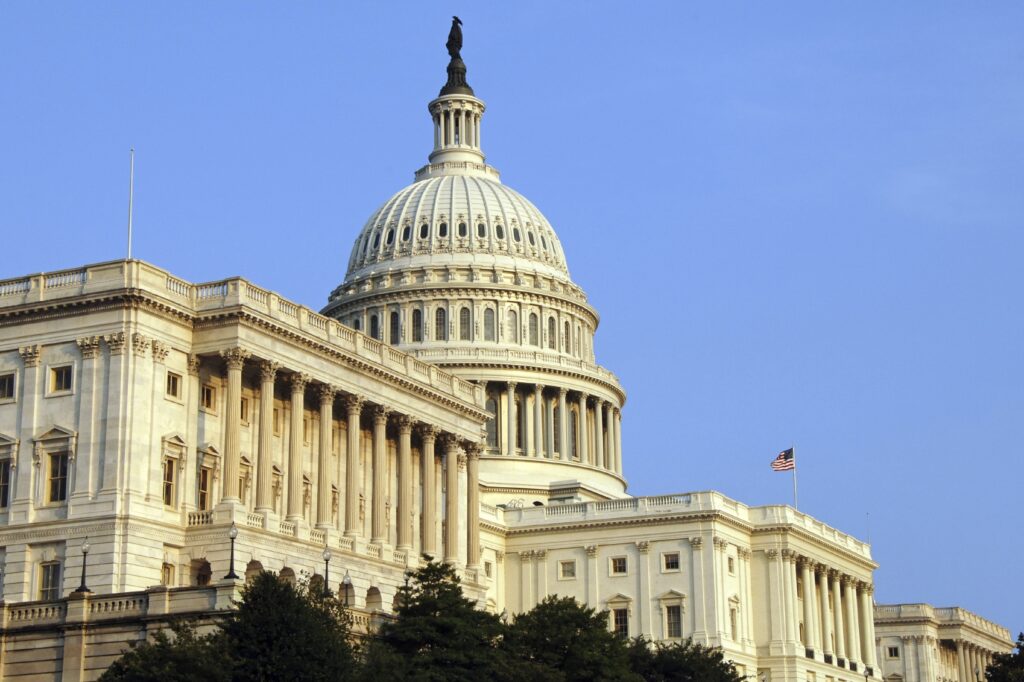© UN Photo / Manuel Elías
Confronting a Crisis
Torture thrives in the shadows — in detention centers without oversight, in conflict zones where civilians are targeted and in communities where prejudice strips people of their humanity. International law makes it illegal, yet torture is still reported in most countries. An estimated 1.3 million survivors live right here in the United States.
Among refugees resettled in the U.S., studies show that nearly half have endured torture — with a similar percentage developing chronic PTSD.
But healing requires more than escape from violence. It demands years of specialized care and sustained support. For more than four decades, the UN Voluntary Fund for Victims of Torture (UNVFVT) has quietly provided exactly that — directing $10 million in annual grants to hundreds of rehabilitation centers worldwide, including programs in the U.S. where survivors receive treatment, counseling and become part of a community.
The United States has long been one of the Fund’s strongest champions. With bipartisan support and consistent financial contributions, America has helped hundreds of thousands of survivors rebuild their lives.
Few know this better than Victor Madrigal-Borloz, a UN Independent Expert and member of the Board of Trustees of the UNVFVT, who has spent his career advocating for survivors. As we mark the International Day for Victims of Enforced Disappearances, we spoke with him about why this work matters, the role of the U.S., and what’s at stake if support falters.
The United States has long been one of the Fund’s strongest champions. With bipartisan support and consistent financial contributions, America has helped hundreds of thousands of survivors rebuild their lives.
Q: How did you first get involved in advocating for victims of torture?
Madrigal-Borloz: The fight against torture has been a constant in my life. I began my career at the Inter-American Court of Human Rights, where torture cases were common. Later, I joined the UN Subcommittee on Prevention of Torture, visiting detention centers around the world and examining the laws that enable or prevent abuse. Eventually, I led a global network of rehabilitation centers, including some in the U.S.
Q: What patterns have you seen in how torture is carried out today?
A: Torture happens in “dark places” — prisons, psychiatric hospitals, even youth centers — where oversight is weak. Conflict also fuels torture. Right now, the International Committee of the Red Cross reports that there are more than 100 active conflicts worldwide — the most since 1945 — and in many, torture is used deliberately as military strategy.
But darkness can also be cast over situations at plain sight, for example, when there is no accountability for police excesses in crowd control operations. Outside detention settings and war zones, we see heavy-handed policing tied to racism, abuses in the name of counter-terrorism and persecution of human rights defenders, especially climate activists. Gender-based violence also remains a persistent form of torture. In every context, civil society is critical because it is often the first to provide support, rehabilitation and other forms of psychosocial care — often accompanied by legal and livelihood support. Logically, survivors trust independent organizations in ways they can’t trust the very state institutions that failed them.
The International Committee of the Red Cross reports that there are more than 100 active conflicts worldwide. In many, torture is used deliberately as military strategy.
Q: August 30 marks the International Day of Victims of Enforced Disappearances. Families searching for loved ones are themselves victims of this crime. How do you see their role in this work?
A: The crime of Enforced Disappearance is particularly cruel. It basically means detaining a person and then concealing or erasing the information about their whereabouts. Historically, enforced disappearance is also closely linked to extrajudicial executions. There is no question that this type of violation comes with unimaginable suffering for the victim, but also to people in her family and community. Imagine the pain of simply not knowing the fate of a loved one, sometimes for months, years, and sometimes never. Support for victims includes very specialized knowledge on how to handle these types of cases, what are the health and social dynamics involved, even how to manage risk in situations in which the family might be in danger. It also involves the psychosocial support that is best for victims and their families to face this unimaginable anguish and pain.
Q: Why should states — including the U.S. — care about addressing torture?
A: Because societies are more stable under the rule of law. The prohibition of torture is absolute in international law. No state can claim exemption. Supporting rehabilitation strengthens democracy, strengthens trust in institutions and ultimately strengthens societies.
Societies are more stable under the rule of law. Supporting rehabilitation strengthens democracy, strengthens trust in institutions and ultimately strengthens societies.
Q: The U.S. has long been a leader in supporting the fight against torture. What’s at stake if funding is cut?
A: The impact would be immediate. In the U.S. and worldwide, survivors could lose access to care. Internationally, rehabilitation centers providing lifesaving services would be forced to close or scale back.
It’s worth remembering: this Fund has enjoyed bipartisan support for 40 years. In fact, during the previous Trump administration, funding increased. When survivors testify before Congress, lawmakers across the spectrum recognize both the horror of torture and the importance of rehabilitation. That consensus must hold.
It’s worth remembering: this Fund has enjoyed bipartisan support for 40 years. In fact, during the previous Trump administration, funding increased.
Q: If you had five minutes before Congress, what would you say?
A: I’d yield my time to a survivor. Their voices show the suffering — and the courage — better than anything I could say. If one minute is left for me, I’d stress this: there are organizations with the expertise to help. They’ve been supported by the U.S. for decades. They must continue to be.
Q: What’s the one takeaway you want U.S. policymakers to remember?
A: Supporting the Fund is not charity. It’s an investment in democracy, the rule of law and America’s own values. U.S. support fosters global rehabilitation — it also funds services here at home. Neglecting that work would weaken both survivors and societies.
Supporting the Fund is not charity. It’s an investment in democracy, the rule of law and America’s own values.
